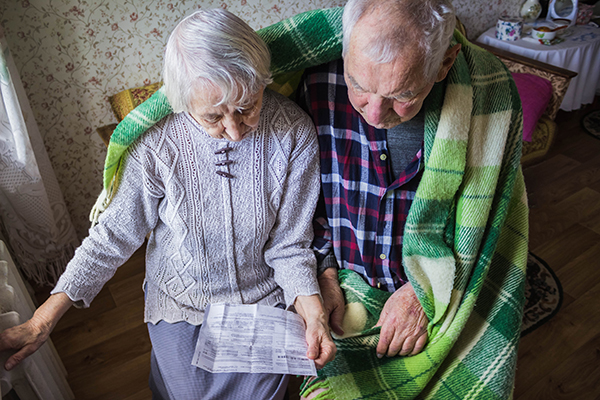Social Housing at the Heart of £15bn Warm Homes Plan

The Government has placed social housing upgrades at the centre of its new £15 billion Warm Homes Plan, unveiled today as part of a decade‑long effort to cut bills, tackle fuel poverty and modernise Britain’s ageing housing stock.
Ministers say the programme will deliver the largest investment in social housing energy efficiency in a generation, with a major share of funding directed towards improving cold, damp and inefficient homes across the sector.




















